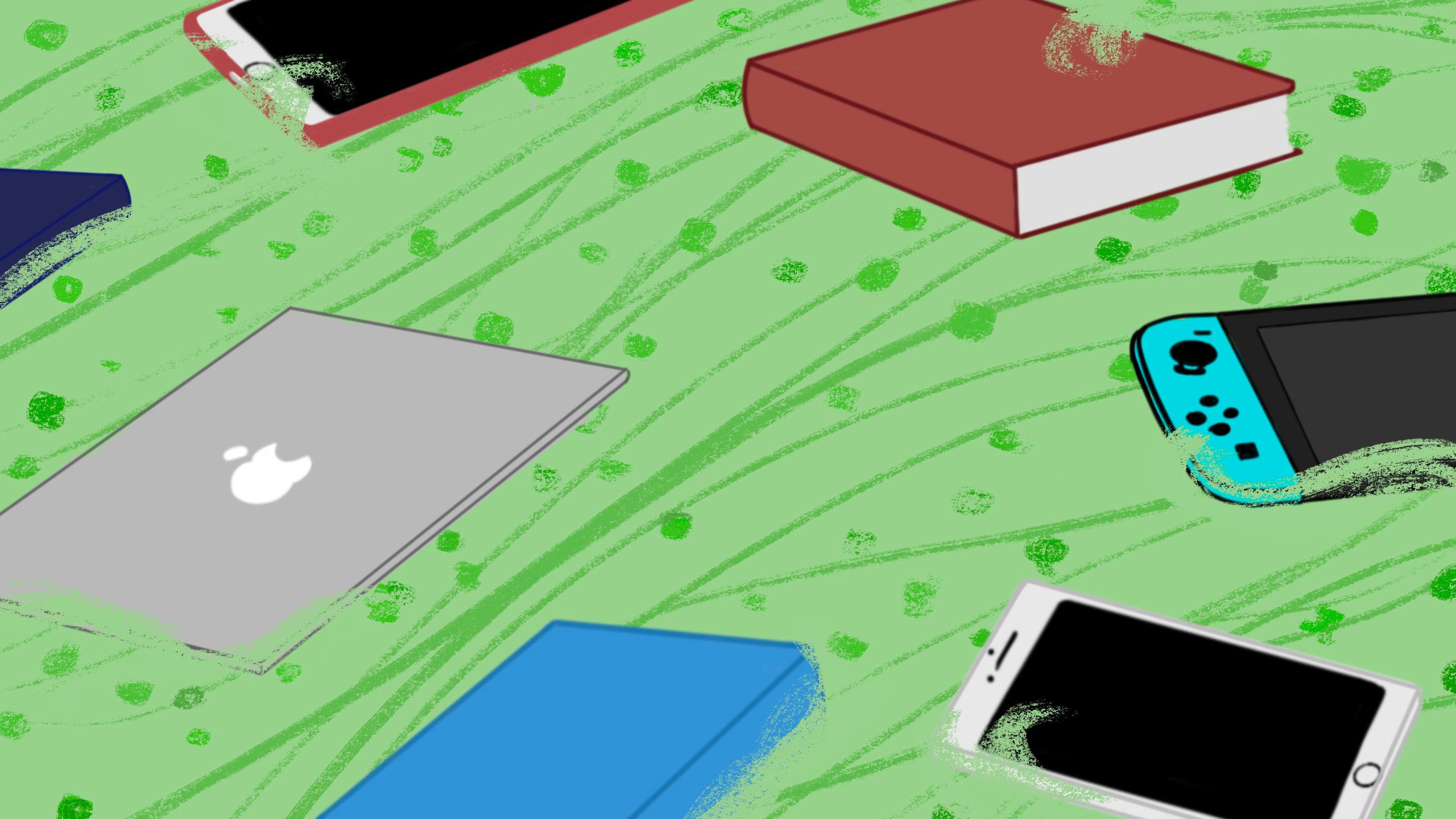By Nishat Chowdhury
Ryerson experts say building community in online classrooms is essential for motivating course engagement as students gear up for a second semester of remote learning.
Student community—developed online or in-person—provides greater course satisfaction while reducing feelings of anxiety and isolation, according to the experts of a “Building Community Online” workshop for Ryerson professors by the Centre for Excellence in Learning and Teaching (CELT) held on Jan. 11.
“Because students are physically separated, they need to be connected to one another and to their learning through intentionally created and fostered online learning communities,” said Nada Savicevic, a CELT educational developer.
A 2020 Canadian Psychology study of 773 post-secondary students showed that those with no prior mental health conditions were more likely than those with mental health conditions to experience a decline in mental health because of the pandemic. All students surveyed were equally vulnerable to the negative effects of social isolation nonetheless.
“Universities should also prioritize developing early intervention and prevention programming for students for whom the pandemic may be particularly challenging,” reads the study from last September.
Indigenous students are especially at risk for feeling isolated or alone during the pandemic, said Denise McLeod Booth, an Indigenous student coordinator for Ryerson’s midwife education program and Anishnawbe from Sagamok Anishnawbek First Nation.
“Many Indigenous students are coming from communities outside of Toronto,” said Booth. “Not only is there social isolation from being away from your home community, but now you’re also isolated in the city. You might not have a lot of contacts, you might not have a lot of resources in the city, so that social aspect has been really hard on a lot of Indigenous students.”
Ryerson’s Aboriginal Student Services offers programs exclusively for First Nation, Inuit or Métis identifying students, including Tea n’ Talk. The weekly Zoom get-together is set to feature everything from traditional medicine to healing crystals to an introduction to the Myers-Briggs personality test, beginning Jan. 20 at 2 p.m.
Students should develop online “coffee shops” or common spaces to support and learn from one another while celebrating the semester’s accomplishments, said Savicevic. Likewise, tried-and-true icebreaker activities help to initially foster online friendships by sharing similarities between classmates.
Since the 2020 fall term, Ryerson has offered virtual study halls for students to meet with teaching assistants and set goals online, as previously reported by The Eyeopener. Online friendships in light of the pandemic have also fostered connections deeper than some of those made in person, which can build longer relationships offline.
Both play to the strengths of online engagement that can be absent from in-person learning environments. Online spaces offer introverted students “more time to process their response,” said Savicevic. Conversely, “extroverted students have more time to reflect on their thoughts rather than just jumping into that discussion. They have to think a little before posting something.”
Second-year professional communications student Liam Shapiro said if instructors incorporated icebreakers or course surveys about student expectations and needs, students would be better connected with their peers in an online setting.
“Getting to know your peers instead of them being a face on the screen is important,” said Shapiro. Since the beginning of the pandemic, “a lot of people have neglect[ed] how important the social factor is in university and college,” he said.
A strong class community is as valuable of a source for professor feedback as it is for engaging students with themselves and their course’s material said Karyn Olsen, a CELT educational developer.
“An instructor can check in with the class about how the course is going and what actions could help clarify course material or help students who are stuck. A feeling of community is reinforced when students feel like any concerns they have are heard and addressed,” said Olsen.













Leave a Reply